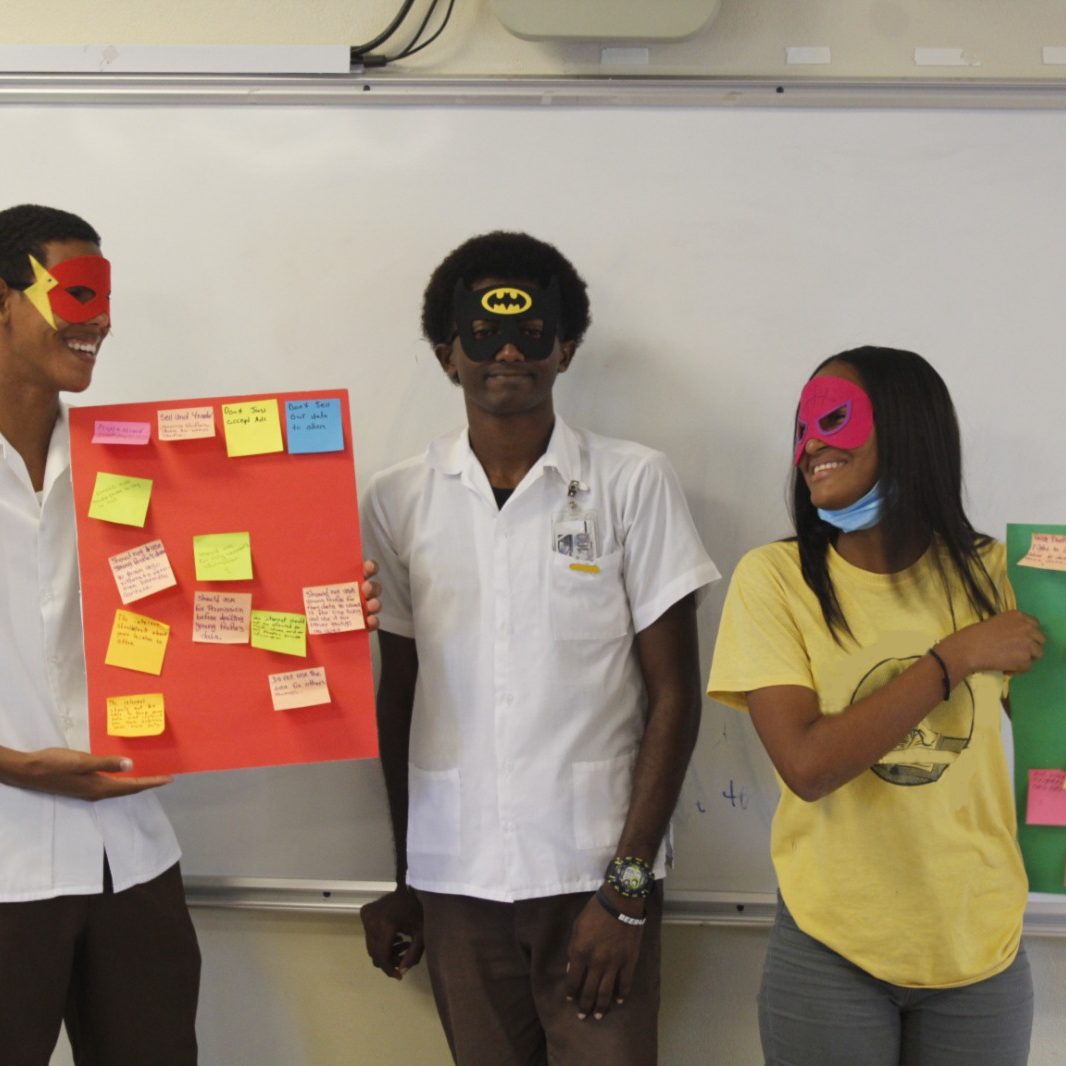Grant Program
Research Grants
Grantee Name
Reset Tech Australia
Grant Start Date
1 April 2022
Grant End Date
31 March 2023
Amount Funded
$140,130.00
City
Perth
Country
Australia
Region
Global
RESEARCH QUESTION
In the context of the new tech regulations being passed around the world demanding that digital products and services are built and work in ways that promote “children’s best interests”; the research objective is to explore and define what “children’s best interests” means and how this relates to what children want and trust. What does trustworthy tech, from young people’s perspectives, look like in practice? Is this what the digital world looks like when it works in their best interests? The research takes place in Australia, Ghana and Antigua and Bermuda.
WHY IS THIS RESEARCH IMPORTANT?
This research project generates insights to allow tech developers to pivot their processes, comply with emerging regulations and help build a digital world that is more trustworthy for children. The project starts from a position of understanding how children and young people think trustworthy tech should function and then articulates principles and practices that tech developers could adopt to embrace this. Working from children’s insights, this research then articulates what the principles and priorities for digital design should be and how these map to child rights principles (of participation/access, protection, non-discrimination and ‘best interests). Finally, these principles are turned into a ‘road map’ for digital designers and developers in the digital world. This involves consultations and conversations with industry leaders and product developers and leads to the production of both evidence based principles, as well as practical guidance and case studies.
METHODOLOGY
The research uses an interdisciplinary, participatory, multi-method qualitative approach, to apply a child rights lens to unpack and explore trustworthy tech. The methodology involves repeat-focus groups (4 sessions in person or zoom) with young people, aged 11-18 (60-90 min per session). The sessions involve traditional discussions around prompted questions, as well as more creative methods such as games, graphic cards, and drama activity. In between session 2 and 3 (where practically possible), some polling is done (Australia and Ghana) or detailed survey work is done (Antigua and Barbuda, where there are no polling companies) with young people. Secondly, the research involves telephone interviews with tech developers and researchers and a group meeting with young people and technologists (each session is recorded). Participation is voluntary and some young people may opt-out at each stage. All the data is analyzed with Dedoose software, which allows for multi author coding and the inclusion of images and non-textual data sources (data is thematically coded).
MEDIA AND PUBLICATIONS
See below for research publications and other articles related to the research.

